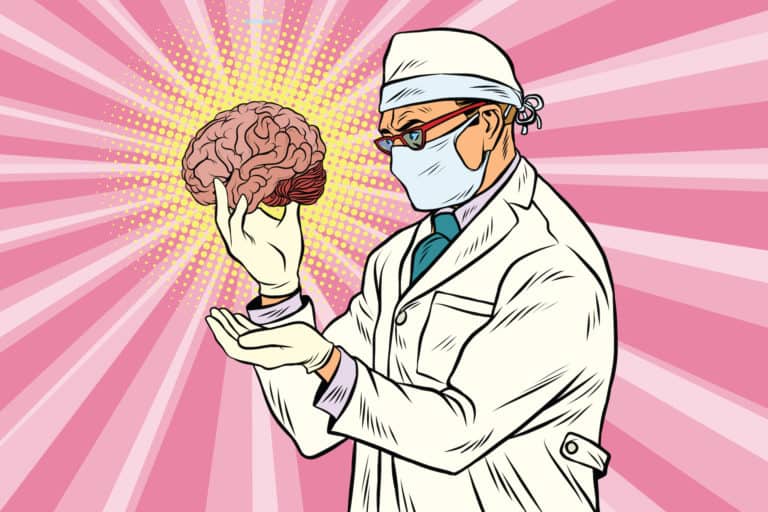Triptans are not linked to an increased risk of ADHD in pregnant women
A recent study has shown that triptan use during pregnancy does not increase the risk of babies developing ADHD. This is reassuring news for women who experience migraines during pregnancy and wish to use triptans as a treatment.
The results of this study provide essential information on the safety of triptan use during pregnancy and its effects on neurobehavioral outcomes.
What are triptans used for?
Triptans are the most frequently used prescription medicines for migraine treatment, a persistent neurologic disease characterised by moderate to severe headaches coupled with various symptoms.
Limited evidence suggests that prenatal exposure to triptans may adversely affect fetal neurodevelopment, but the long-term safety of triptan use during pregnancy was unknown. Therefore, researchers examined whether maternal triptans use during pregnancy was associated with an increased risk for attention-deficit/hyperactivity disorder (ADHD) diagnosis and symptoms in offspring.
When are triptans prescribed?
If over-the-counter medications don’t relieve an individual’s migraines, their doctor may prescribe triptans. Triptans can also be used to relieve cluster headaches. Cluster headaches are much less common than migraines, but they’re more likely to recur throughout someone’s lifetime.
Oral triptans include naratriptan (Amerge) and eletriptan (Relpax), and nasal sprays include sumatriptan (Tosymra) and zolmitriptan (Zomig).
Does triptan use during pregnancy increase the risk of developing ADHD?
The study examined over 10,000 children and the correlation between prenatal triptan exposure and the development of ADHD in children.
Although no prior studies discovered malformation after exposure to triptans, some did find an uptick in neurodevelopmental issues among exposed children. However, these effects were only seen in younger kids, not preschool-aged ones.
The Norwegian Mother, Father, and Child Cohort Study was conducted to assess the health of singleton children born to mothers who had migraines. The study had 114,500 children, 95,200 mothers, and 75,200 fathers.
Children were divided into two analytic samples: one assessing ADHD diagnosis and the other assessing ADHD symptoms. Mothers’ self-reported use of triptans during pregnancy and whether their children had been treated with them were compared between those exposed to triptans and those who had not.
The Conners’ Parent Rating Scale was used to assess ADHD symptoms. The score allocated would increase with each additional symptom that was recorded. For a diagnosis of ADHD to be given, either evidence of hyperkinetic disorder or dispensation of medication specifically for ADHD had to be documented.
A study was conducted involving 10,000 children, including 4,000 with ADHD symptoms. The average observation period for both groups of children was ten years.
There was no increase in ADHD symptoms or diagnosis for children whose mothers took triptans during pregnancy compared to those mothers who had migraines but did not use triptans. The Conners’ Parent Rating Scale average scores did not vary between sample groups.
The study found no link between triptan use during pregnancy and children’s increased risk of ADHD. However, the researchers did note that more studies are needed to confirm these findings.
If you are pregnant and suffer from migraines, speak to your doctor about the best course of treatment for you. While this study provides reassurance that triptans are safe to use during pregnancy, it is always best to consult with a medical professional before taking any medication.
Further information on the study (Association of Maternal Use of Triptans During Pregnancy With Risk of Attention-Deficit/Hyperactivity Disorder in Offspring) can be found on the JAMA Network website at https://jamanetwork.com/journals/jamanetworkopen/fullarticle/2792960.
ADHD and Migraines
Experts believe there is a relationship between ADHD and migraines, but they do not fully understand the link.
According to one study, males with ADHD were almost twice as likely to get migraines as other males. Researchers also discovered a link between migraine and the severity of children’s ADHD symptoms in a larger 2017 research of 5,671 youngsters.
Some researchers believe that people with ADHD are more likely to get migraines because of hormonal fluctuations- especially since women experience migraines more frequently than men.
Some studies have found that people with migraines are more likely to experience mood and anxiety disorders..Some researchers believe that the headaches might cause more ADHD-like symptoms in kids already prone to distraction and irritability. Others think that a different condition could be at the root of both headaches and ADHD.
Dr. Antonio Arruda, a pediatric neurologist at São Paulo University in Brazil, claims that genetics may be involved with stress and other factors affecting neurotransmitters like dopamine.
When diagnosing children with headaches, Dr Arruda says that clinicians should explore school performance, absenteeism, and mental health – especially symptoms such as inattention, hyperactivity, and impulsivity – to diagnose correctly.
Children who have ADHD and experience migraines have more significant learning and social challenges than their peers. Early diagnosis and treatment may improve school performance and the child’s well-being.
Other Pain Relief and ADHD
Acetaminophen (Paracetamol) during pregnancy has previously been linked to ADHD. A study published in 2014 claimed that acetaminophen use during pregnancy increases the risk of children developing ADHD. However, this could be purely coincidental, given the high rates of acetaminophen use during pregnancy.
It is worth noting that other pain relief options have not been linked to ADHD. If you are pregnant and concerned about the potential risks of taking acetaminophen, speak to your doctor about alternative pain relief options.
Many therapies may help prevent or alleviate symptoms once an attack begins, even if migraine is a debilitating condition. Several treatment options are available for pain, including over-the-counter and prescription medications, Botox injections, nerve stimulation, and acupuncture.
Keep a migraine journal to see what causes your migraines, including certain foods, stress, or weather fluctuations. They may then attempt to avoid or minimise such triggers to prevent a migraine attack from happening.
Summary
According to a new study, there is no increased risk of babies developing ADHD when their mothers take triptans during pregnancy. ADHD continue to be studied in relation to migraines, with experts believing there is a relationship between the two, but the link has not yet been fully understood.
Given that genetic factors may be involved in both migraines and ADHD, it is increasingly like that more research will be conducted in this area to try and better understand the link between the two conditions.
Does medication increase the risk of a child developing attention deficit disorder or attention-deficit/hyperactivity disorder (ADHD)? Can medication play a role in treatment? Are there specific lifestyle changes that can be made to help prevent migraines?
These are all questions that still need to be answered, but in the meantime, it is reassuring to know that triptan use during pregnancy does not appear to increase the risk of babies developing ADHD.








